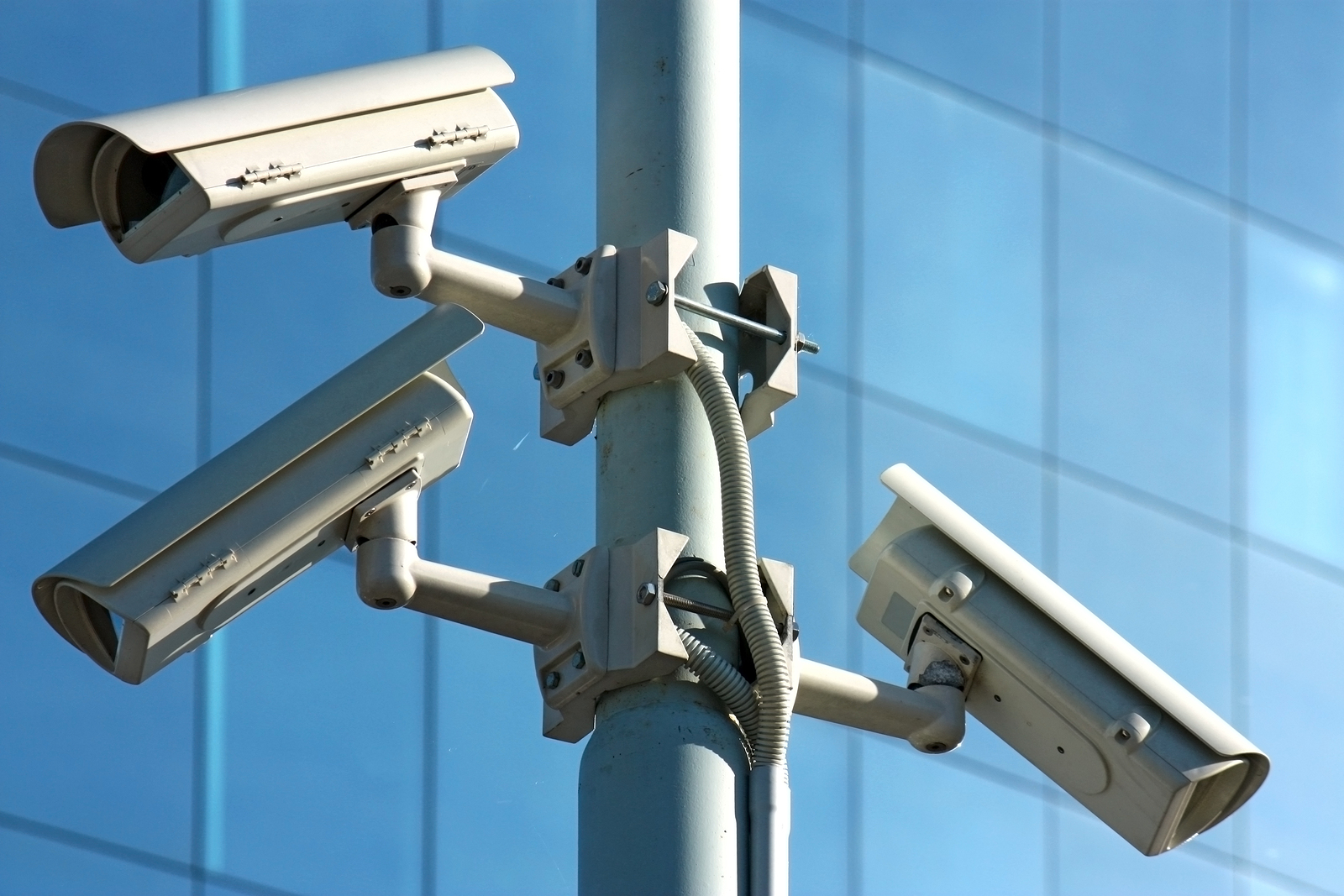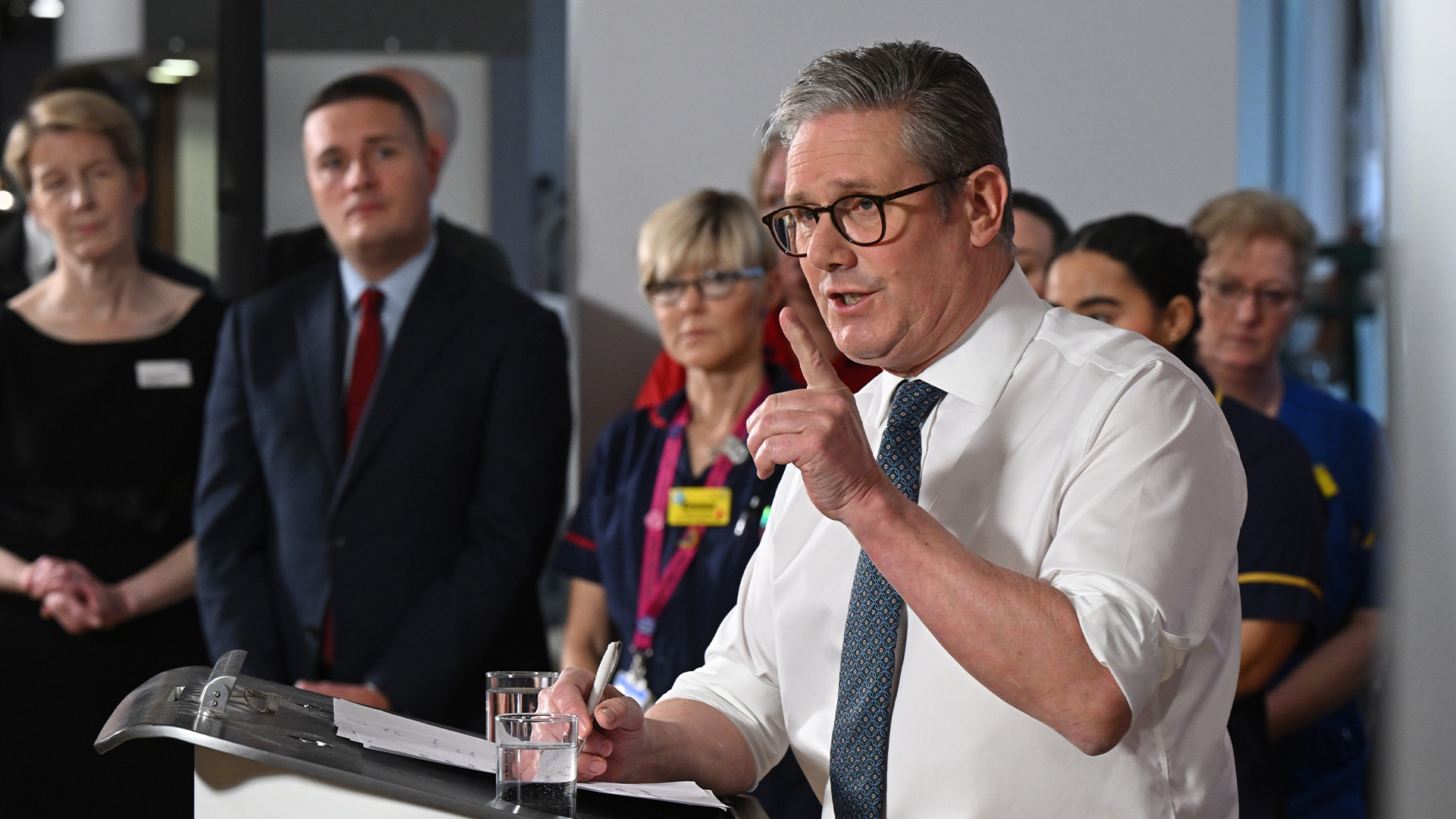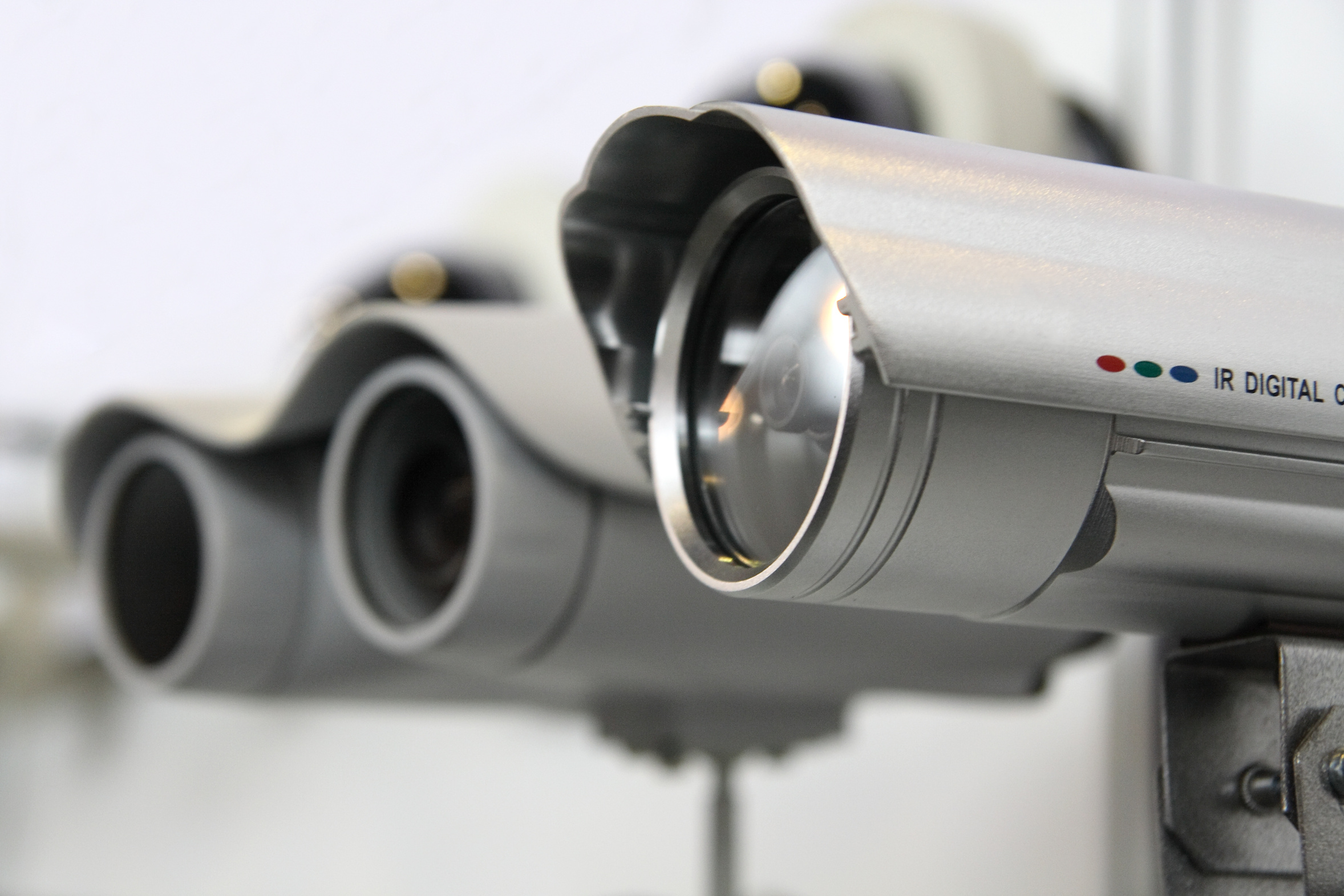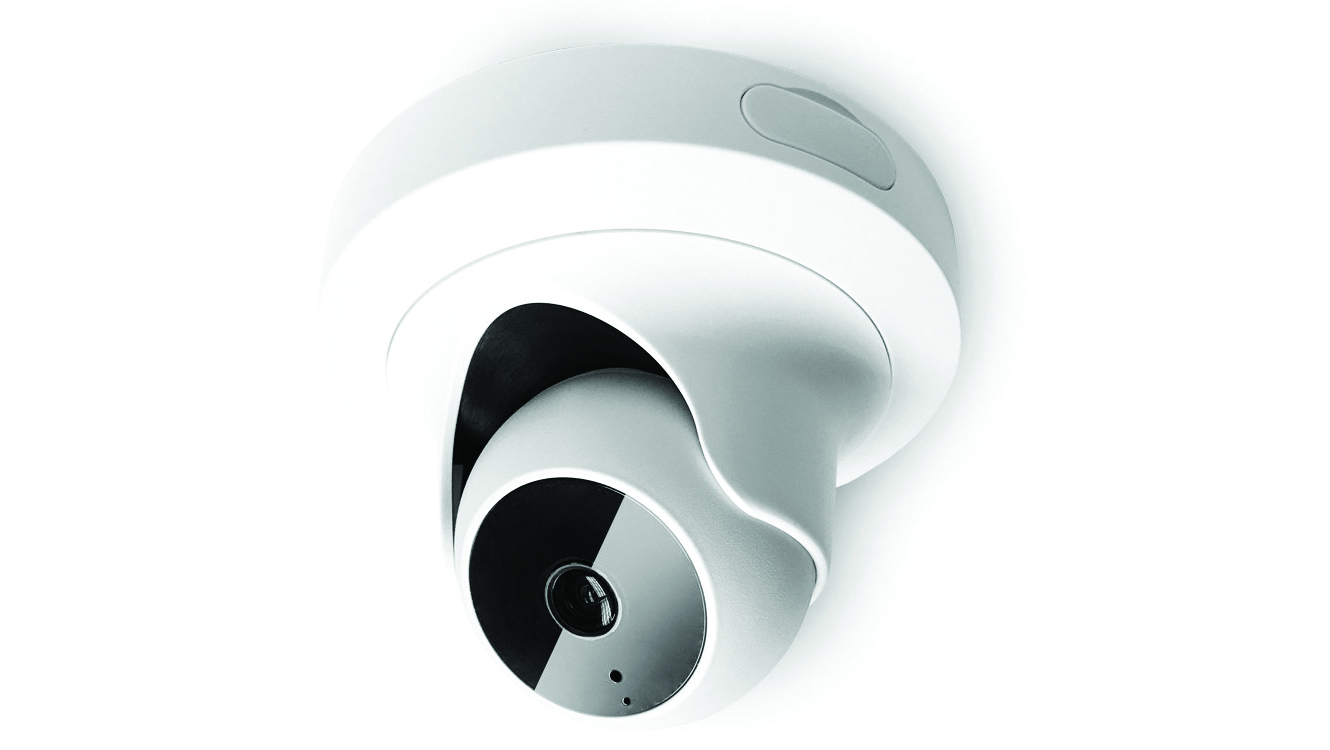Big Data surveillance 'risks public's privacy'
Commissioner looks to limit use of CCTV

Public privacy is at risk of mass scale invasion as an increasing use of Big Data and a surge in the amount of overt CCTV has left regulators struggling to keep pace, according to the UK's surveillance commissioner.
Alongside the launch of a new three-year strategy on Tuesday, surveillance camera commissioner Tony Porter told the Guardian that the UK government is falling behind the pace at which new CCTV technology is being implemented.
The 2017-2020 National Surveillance Camera Strategy for England and Wales, which was first proposed in October and has now passed through its consultation phase, aims to establish a code of practice for the use of CCTV equipment, including the use of body worn cameras and automatic number plate recognition.
Under the strategy, disparate groups and regulators would be brought together in an attempt to create a set of coherent rules, limiting the use of surveillance cameras to times when it was deemed proportionate and necessary.
However, Porter has expressed alarm that the increasing number of CCTV devices could lead to more invasive surveillance tactics than anticipated, as video footage is now being linked with data analysis tools like facial recognition or being cross referenced with other monitored personal data and activities.
"I'm worried about over surveillance becoming much more invasive because it is linked to everything else," Porter told the Guardian. "You might have a video photograph of somebody shopping in Tesco - now it is possible to link that person to their pre-movements, their mobile phone records, any sensor detectors within their house of locality."
"As smart cities move forward, these challenges are so much greater for people like myself, and members of the public need to decide whether they are still happy with this."
Get the ITPro daily newsletter
Sign up today and you will receive a free copy of our Future Focus 2025 report - the leading guidance on AI, cybersecurity and other IT challenges as per 700+ senior executives
His comments come after Parliament passed the Investigatory Powers Act, allowing spy agencies to monitor people's web browsing habits and collect bulk personal datasets.
"Fast and loose"
Although there are an estimated four to six million CCTV cameras in the UK, new technology is changing the nature of surveillance, as we no longer rely on just cameras for spotting crimes. The use of body worn cameras is becoming the norm for police forces across the country, and drone technology is regularly being deployed to help solve crimes or missing person reports.
However despite the benefits to policing, Porter argues that privacy is not always a priority when deciding to use the technology, adding that the Metropolitan police in particular were playing "fast and loose" with public privacy by planning not to erase number plate records after a two-year period.
Porter highlighted the case of the London Olympics in 2012, in which millions of vehicle registration plate records were obtained, but subsequently never deleted in the time since. Police forces are obligated to delete number plate records after two years, or they risk the possibility of legal challenges.
"The nightmare scenario is that there is a lack of understanding about how big and effective this can be," said Porter. "This technology is there to protect us, but there needs to be informed consent about what it is capable of doing. Body-worn video or facial recognition - that can identify people on databases who didn't know they were on databases."
Porter has urged authorities to adopt his code of practice set out in the three-year strategy, which would limit the use of surveillance cameras to only when there is a clear need to safeguard the public.
Picture: Bigstock
Dale Walker is a contributor specializing in cybersecurity, data protection, and IT regulations. He was the former managing editor at ITPro, as well as its sibling sites CloudPro and ChannelPro. He spent a number of years reporting for ITPro from numerous domestic and international events, including IBM, Red Hat, Google, and has been a regular reporter for Microsoft's various yearly showcases, including Ignite.
-
 Third time lucky? Microsoft finally begins roll-out of controversial Recall feature
Third time lucky? Microsoft finally begins roll-out of controversial Recall featureNews The Windows Recall feature has been plagued by setbacks and backlash from security professionals
By Emma Woollacott Published
-
 The UK government wants quantum technology out of the lab and in the hands of enterprises
The UK government wants quantum technology out of the lab and in the hands of enterprisesNews The UK government has unveiled plans to invest £121 million in quantum computing projects in an effort to drive real-world applications and adoption rates.
By Emma Woollacott Published
-
 ‘Archaic’ legacy tech is crippling public sector productivity
‘Archaic’ legacy tech is crippling public sector productivityNews The UK public sector has been over-reliant on contractors and too many processes are still paper-based
By Emma Woollacott Published
-
 Public sector improvements, infrastructure investment, and AI pothole repairs: Tech industry welcomes UK's “ambitious” AI action plan
Public sector improvements, infrastructure investment, and AI pothole repairs: Tech industry welcomes UK's “ambitious” AI action planNews The new policy, less cautious than that of the previous government, has been largely welcomed by experts
By Emma Woollacott Published
-
 UK government trials chatbots in bid to bolster small business support
UK government trials chatbots in bid to bolster small business supportNews The UK government is running a private beta of a new chatbot designed to help people set up small businesses and find support.
By Emma Woollacott Published
-
 Operational efficiency and customer experience: Insights and intelligence for your IT strategy
Operational efficiency and customer experience: Insights and intelligence for your IT strategyWhitepaper Insights from IT leaders on processes and technology, with a focus on customer experience, operational efficiency, and digital transformation
By ITPro Published
-
 AWS makes its Panorama Appliance generally available
AWS makes its Panorama Appliance generally availableNews The device helps increase quality control, optimize supply chains, and enhance consumer experiences
By Praharsha Anand Published
-
 Eagle Eye Networks announces new editions of Cloud VMS
Eagle Eye Networks announces new editions of Cloud VMSNews The editions are suitable for small, medium, and large businesses
By Praharsha Anand Published
-
 How to build a Raspberry Pi security camera
How to build a Raspberry Pi security cameraTutorials Build your own cut-price surveillance equipment
By Mark Mayne Last updated
-

 EnGenius EL-EWS1025CAM review
EnGenius EL-EWS1025CAM reviewReviews A clever hybrid IP camera that combines video surveillance with a wireless AP and support for EnGenius’ Neutron WLAN meshing
By Dave Mitchell Published